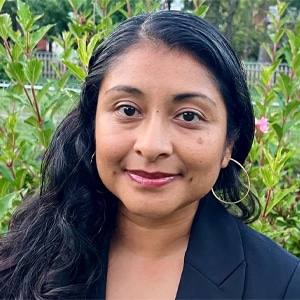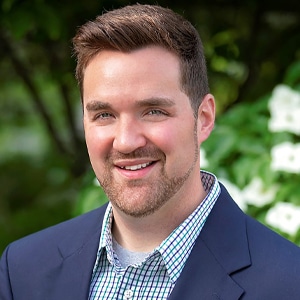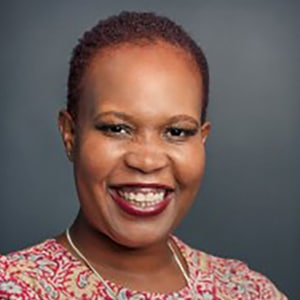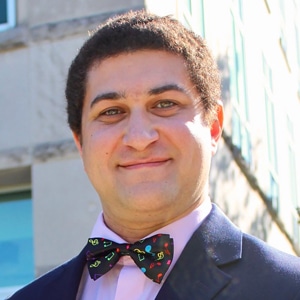Learning Towards Liberation and Social Justice: A Model for Co-Curricular Social Justice Education
The past three years have illuminated the critical need for social justice education. That same period has also made plain the inadequacy of our existing models to meet the moment in ways that center liberation and justice for the most marginalized. The extrajudicial murder of George Floyd in May 2020 and the subsequent protests for justice launched by millions around the globe have served as an important moment of reflection about the harms perpetuated on the bodies of non-White people within the context of historical and contemporary patterns of white supremacist oppression. Black, Indigenous, and other communities of color impacted by such oppression since the founding of the United States were already aware of this reality. Further, the global COVID-19 pandemic revealed and exacerbated the stark inequities in access to healthcare as well as economic and environmental resources within the United States.
Please login to read the full article. Bulletin featured articles are only available to those at Full and Premium Tier member campuses, as well as retiree members.
Authors
-
Clayton Kolb, Ed.D., currently serves as the director of Sykes Union and student activities at West Chester University. Before his tenure at West Chester, he served as associate director of union management at Virginia Tech, director of student involvement and leadership at Northern State University, and director for the Center for Campus Connections at Palm Beach Atlantic University. He also serves as an adjunct professor at Southern New Hampshire University, focused on organizational management and leadership. He holds a Bachelor of Arts in social work and public relations, a Master of Science in organizational leadership, and an Ed.D. in educational leadership.
View all posts -

Denice Velez was the associate director of the Lawrence A. Dowdy Multicultural Center at West Chester University from 2019–23 and now serves as director of the University of Pennsylvania–Millersville’s Wade-El Intercultural Center for Student Engagement. Prior to that, she served as the Chicana and Chicano Resource Center coordinator at California State University–Fullerton and as a program coordinator at the University of California–Irvine’s Cross-Cultural Center. She earned a Bachelor of Arts in ethnic studies from the University of California–Berkeley.
View all posts -
Sendy Alcidonis, Ph.D., served as senior director of the Center for Women & Gender Equity at West Chester University from 2019–23, where she also was an adjunct professor with over 15 years of experience working in as an administrator, researcher, trainer, and university instructor. She holds a Bachelor of Arts in political science from West Chester, a Master of Public Administration from the University of Delaware, a graduate certificate in women’s studies from Temple University, and a Ph.D. in geography and urban studies from Temple University. She now serves as a consulting team director for Washington, D.C.-based Frontline Solutions.
View all posts -
Steven Feldman (he/they) is a Ph.D. student in the higher education and student affairs program at Indiana University–Bloomington, where they also work as a project associate in the Center for Postsecondary Research. They hold a Bachelor of Arts in gender and sexuality studies and music from Muhlenberg College, a Master of Arts in music history and theory from Stony Brook University, and a Master of Arts in higher education and student affairs from the University of Connecticut. Steven has previously worked in LGBTQ Services, academic advising, and undergraduate admissions. Their research focuses on trans and queer communities in higher education as well as Jewish identity and antisemitism.
View all posts



